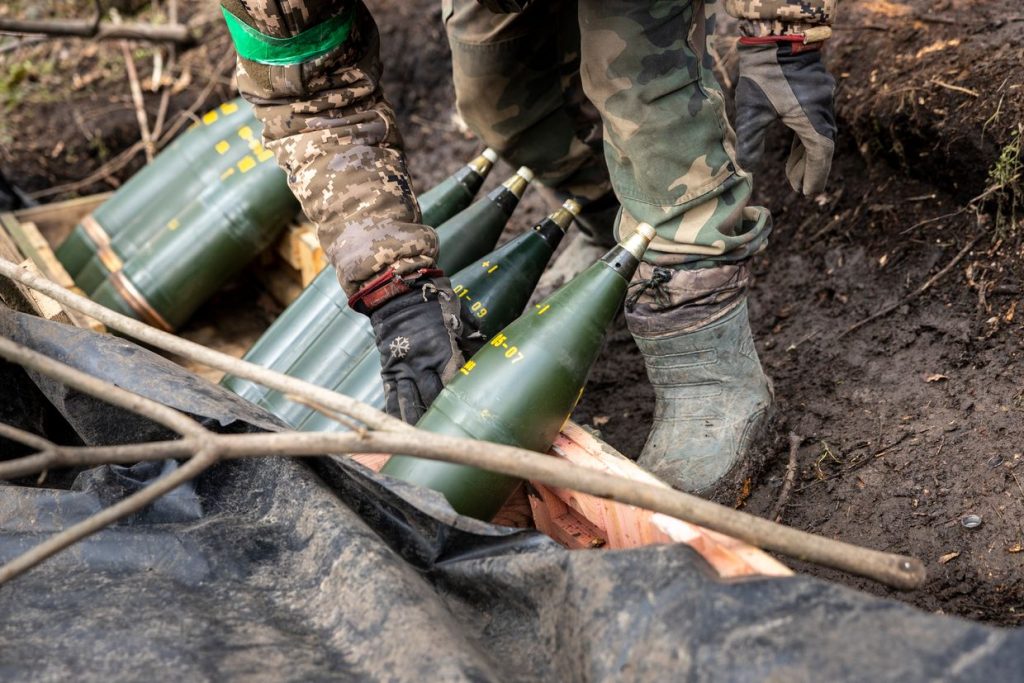The EU has delivered 500,000 of the promised 1 million artillery shells to Ukraine and aims to deliver the total amount by the end of the year, according to the EU’s top diplomat, Josep Borrell. The EU announced in March 2023 that it would provide Ukraine with a million shells within one year. News first emerged in October 2023 that the bloc was unlikely to reach its target due to production issues. In addition to the donated shells, another 400,000 shells will be provided to Ukraine through commercial contracts with the European defense industry. The Czech initiative to buy ammunition outside the EU has secured the purchase of 300,000 shells and received nonbinding commitments for 200,000 more. More than 20 countries have pledged funding for this initiative. Borrell emphasized the importance of increasing production capacity and financial resources to support Ukraine, as the planned shell supplies are still insufficient.
Borrell also highlighted the EU’s defense budget for 2023, which stands at 290 billion euros, representing 1.7% of EU GDP, below the NATO benchmark of 2%. In the current geopolitical context, Borrell argued that this level of defense spending could be seen as a minimum requirement. He emphasized the need for the EU to increase both production capacity and financial resources to adequately support Ukraine. The EU’s efforts to provide artillery shells to Ukraine are part of the broader international response to the conflict in the region. The EU has recognized the importance of supporting Ukraine in its defense against Russian aggression and has taken steps to provide military assistance to the country.
The geopolitical context surrounding the conflict in Ukraine has raised concerns about a possible divergence in Europe’s response to Russia and Ukraine. The strained relationship between France and Germany, as evidenced by a recent meeting between German Chancellor Olaf Scholz, French President Emmanuel Macron, and Polish Prime Minister Donald Tusk, indicates potential divisions within Europe. These tensions could play into the hands of Russian President Vladimir Putin, who may seek to exploit any lack of unity among European countries. It is essential for Europe to maintain cohesion and a united front in response to the crisis in Ukraine.
The EU’s commitment to providing artillery shells to Ukraine is part of a broader effort to support the country in its defense against Russian aggression. The conflict in Ukraine has drawn international attention and prompted a range of responses from the international community. In addition to military assistance, diplomatic efforts and economic sanctions have been employed to address the situation in Ukraine. The EU’s support for Ukraine reflects a broader commitment to upholding the principles of democracy, sovereignty, and territorial integrity in Europe.
The EU’s delivery of artillery shells to Ukraine is a tangible demonstration of the bloc’s commitment to supporting the country in its defense against Russian aggression. The ongoing conflict in Ukraine has had devastating consequences for the country and its people, leading to widespread displacement and destruction. The EU’s support for Ukraine is part of a broader effort to promote stability and security in the region. By providing military assistance and financial support, the EU aims to bolster Ukraine’s ability to defend itself and resist external threats. The conflict in Ukraine highlights the importance of international cooperation and solidarity in addressing security challenges and upholding democratic values.


